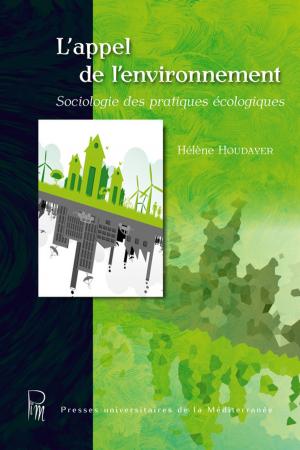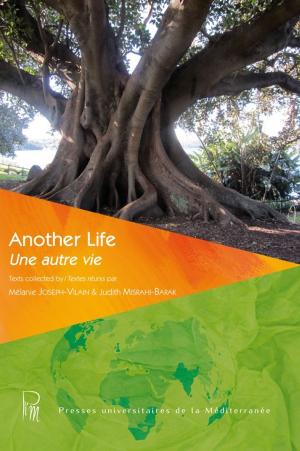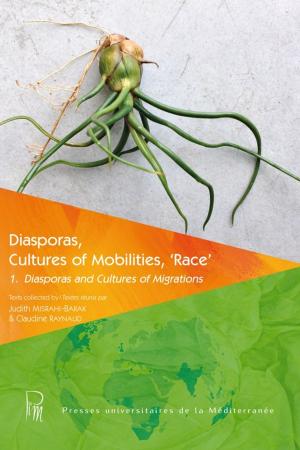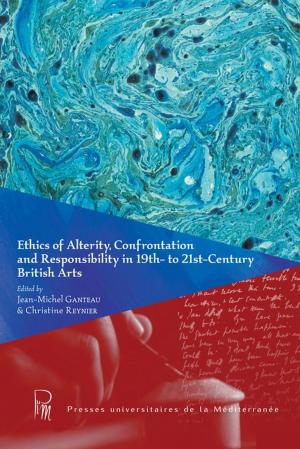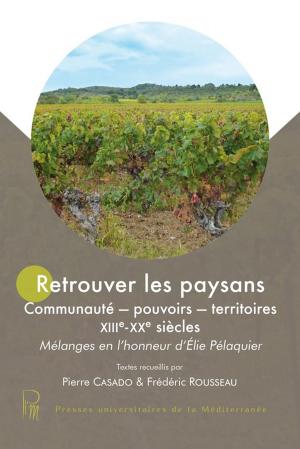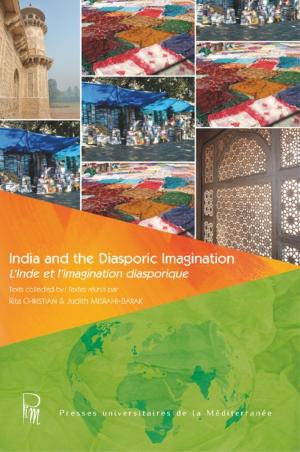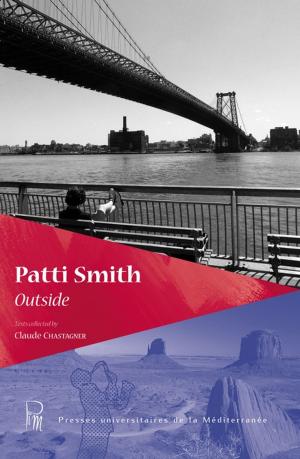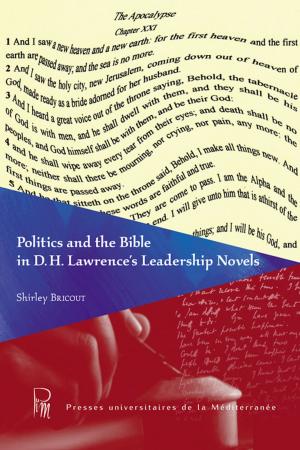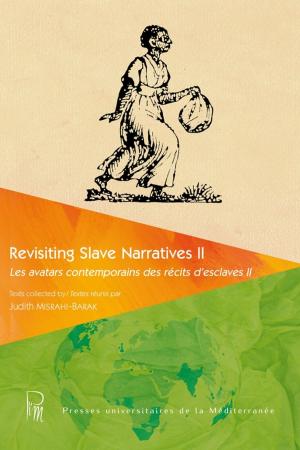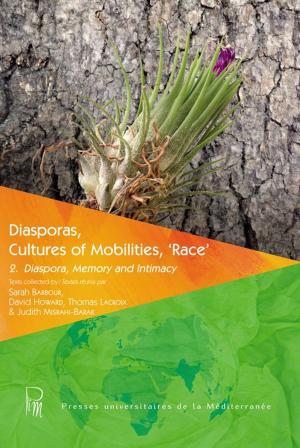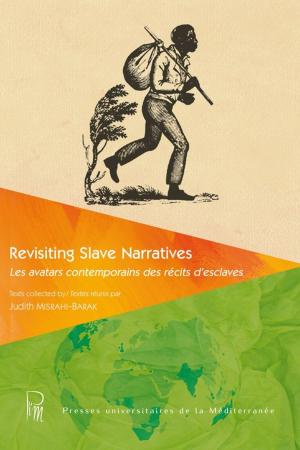| Author: | Linda Mc Carrinton, Jack Beeching, Dale Jacobson, Larry Woiwode, Lewis Lubka, Sterling Plumpp, Rick Watson, David Pink, Claribel Alegria, Mark Vinz, Robert Bly, Collectif, David Martinson, Sergio Ramirez | ISBN: | 9782367811239 |
| Publisher: | Presses universitaires de la Méditerranée (PULM) | Publication: | November 25, 2016 |
| Imprint: | Presses universitaires de la Méditerranée (PULM) | Language: | English |
| Author: | Linda Mc Carrinton, Jack Beeching, Dale Jacobson, Larry Woiwode, Lewis Lubka, Sterling Plumpp, Rick Watson, David Pink, Claribel Alegria, Mark Vinz, Robert Bly, Collectif, David Martinson, Sergio Ramirez |
| ISBN: | 9782367811239 |
| Publisher: | Presses universitaires de la Méditerranée (PULM) |
| Publication: | November 25, 2016 |
| Imprint: | Presses universitaires de la Méditerranée (PULM) |
| Language: | English |
From hard scrabble origins on the Plains of North Dakota, to longshoremen organizing on Manhattan’s West Side docks, to living the life of a Bohemian poet in Los Angeles and beyond, Thomas McGrath’s literary aspirations took him far from his humble beginnings.For over six decades, McGrath created poems based largely on the themes of love, work, and political justice. His love of the prairie and his early years on a working farm were central to his life. The virtues of the agrarian community plus the Catholic faith of his family, shaped his Old West character. He was a political progressive and at times a member of the Communist Party of America. In the 1950’s, he was brought before the House Un-American Activities Committee and blacklisted following his appearance. McGrath was the consummate non-conformist in his life and art. He refused to submit to the philosophy that politics and poetry must be kept separate. His epic work, Letter to an Imaginary Friend, is anchored by progressive politics, political and social theory, his love of family, his love of love, and, arguably, the greatest layering of language idioms in the history of American poetry.
From hard scrabble origins on the Plains of North Dakota, to longshoremen organizing on Manhattan’s West Side docks, to living the life of a Bohemian poet in Los Angeles and beyond, Thomas McGrath’s literary aspirations took him far from his humble beginnings.For over six decades, McGrath created poems based largely on the themes of love, work, and political justice. His love of the prairie and his early years on a working farm were central to his life. The virtues of the agrarian community plus the Catholic faith of his family, shaped his Old West character. He was a political progressive and at times a member of the Communist Party of America. In the 1950’s, he was brought before the House Un-American Activities Committee and blacklisted following his appearance. McGrath was the consummate non-conformist in his life and art. He refused to submit to the philosophy that politics and poetry must be kept separate. His epic work, Letter to an Imaginary Friend, is anchored by progressive politics, political and social theory, his love of family, his love of love, and, arguably, the greatest layering of language idioms in the history of American poetry.

